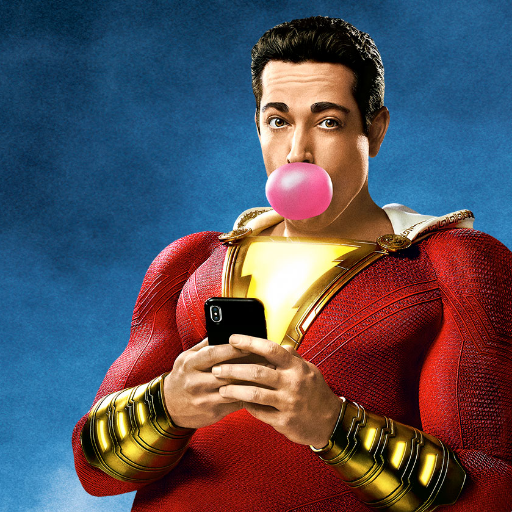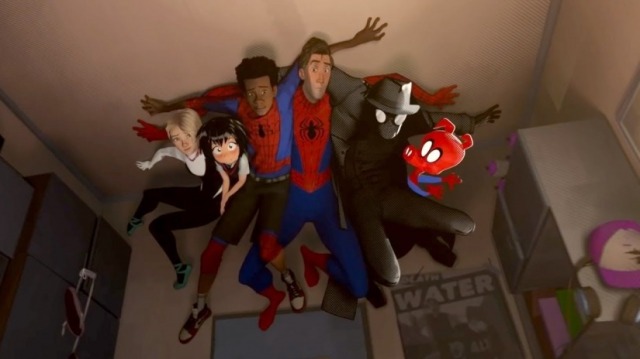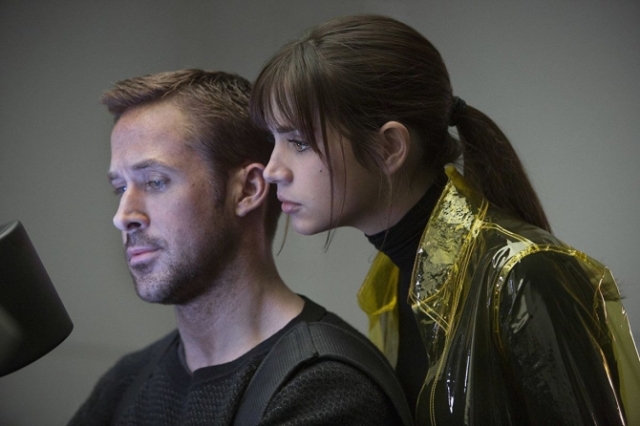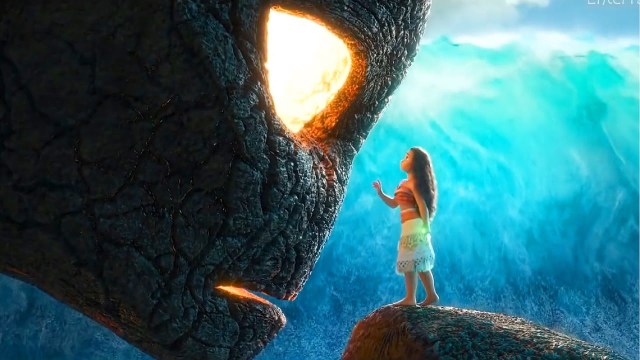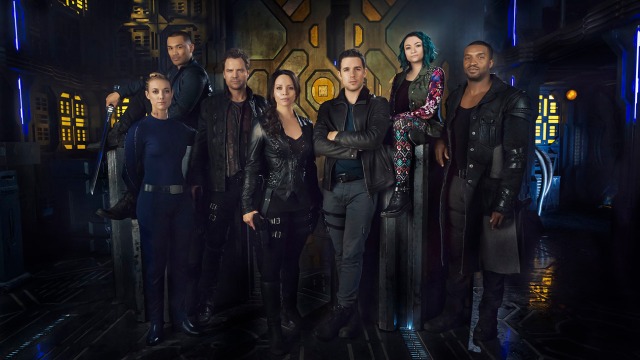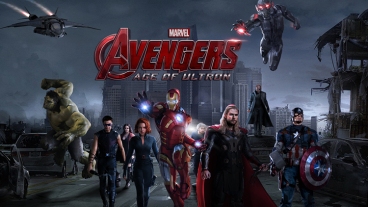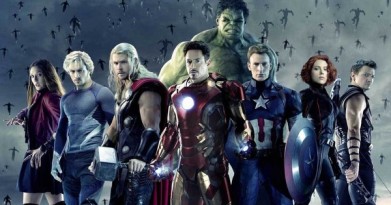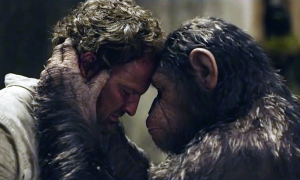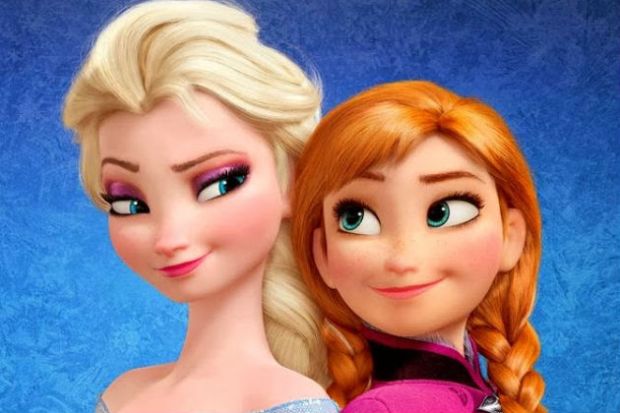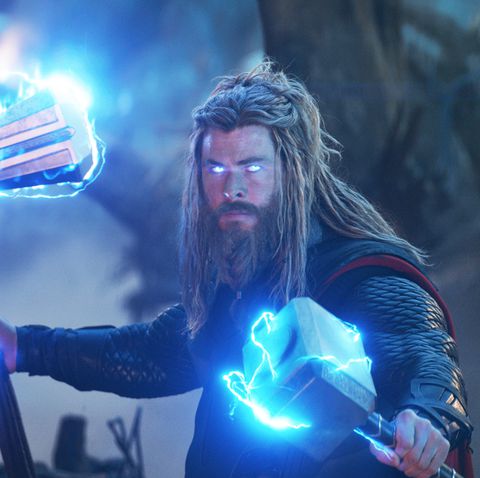
The Skinny– (from IMDb)- After the devastating events of Avengers: Infinity War (2018), the universe is in ruins. With the help of remaining allies, the Avengers assemble once more in order to undo Thanos’ actions and restore order to the universe.
Age Appropriateness: (Rated PG-13) Pre-Teen (11-12) and up [although younger children (especially those who love the characters) may be able to enjoy this movie, the running time is very long and a big chunk is not all that action packed. The movie also deals with some fairly complex emotional responses to huge losses and heartbreak].
My Take (major Spoilers below of Avenger’s Endgame and earlier Marvel movies)-
Avenger’s Endgame is a pretty incredible movie for anyone who has dedicated hours to watching the 21 Marvel movies that lead up to this very satisfying conclusion. For people like me, who collected Avenger Comics as a kid, this movie was incredibly special.
One scene of Avenger’s Endgame that has stuck with me occurs toward the end of the movie during the final battle. Thor is in battle with Thanos, Thanos is about ready to skewer Thor, and then suddenly Thor’s hammer, Mjolnir, begins to shake and move. The hammer flies to the hand of Captain America, who uses it to save Thor. It’s an amazing moment (particularly for someone who knows from previous movies or comic lore that (a) Thor’s hammer can be only lifted by someone worthy, that (b) Captain America tried to lift the hammer before and could only manage to budge it slightly, and (c) that Mjolnir had been destroyed and so the opportunity of anyone welding it again seemed unlikely).
Of course, this awesome movie moment has led to all sorts of speculation on how Captain America could have lifted it….
#1 Was Captain America able to lift it because by Avenger’s Endgame he had done some extra sort of heroics that made him more worthy? This doesn’t seem to make all that much sense. Thor proved he was worthy simply by being willing to sacrifice his life for others, Captain America had done that many times over.
#2 Was Captain America unable to lift it before because of something unworthy in his past? This is a little more possible. Maybe by Avenger’s 2, Captain America had learned of the part Bucky played in the killing of Tony Stark’s parents and was keeping it from Tony. Was the lie enough to keep Steve Rogers from being worthy?
No one really knows. However, I will share with you my favorite theory that I’ve read online. What if Captain America could always lift the hammer? At the party during Avenger’s 2, when everyone was trying to lift the hammer, what if Captain America understood how important it was for Thor to be worthy, saw that he could lift it himself, and then chose not to in order to spare Thor’s ego? It would serve as a very interesting contrast between Steve Rogers’ compassion and maturity with Vision, who later wields the hammer (showing his worthiness but lack of emotional maturity).
I have to admit, that I partly like this theory the most because it is so alien a concept for me. It blows my mind to imagine being in that scenario and doing the same thing. If I was with a group of people trying to lift a magic hammer… and I COULD… I think I would, just to show everyone that I could!
This theory about Captain America’s worthiness makes we wonder about my own competitiveness. I tell people all the time that I am not very competitive and yet this scenario makes me question that assertion. I love playing games of all kinds and I don’t get all bent out of shape when I lose…. And yet, I wonder if maybe it’s not that I’m not competitive but rather I’m just competitive “with rules.” If I am involved in an activity where (a) I lack some important specific skills necessary for success or (b) there is a high element of “chance” in the activity, or (c) if the only way to win is to be a jerk, I still try to do my best to “win” but I have fairly low expectations on the outcome. But these “rules” don’t stop the fact that I still REALLY like to win (games, sports, arguments, even fake competitions I make up like between family members over who can finish their chores first). I’ve always REALLY hated being on a team when I was the one holding everyone back. I’ve always REALLY hated games where the outcome is really just determined by “luck.” And I’ve always been the type to listen VERY carefully to the rules of a game in order see how I might bend those rules in my favor without clearly breaking them. Have I been lying to myself all these years by saying that I’m not that competitive?
And I find myself pondering. What would it be like if I were more like Captain America? What would it be like to think first about others feelings and then winning second (rather than the other way around)? What does it mean that as soon as something turns into a competition (like who can lift a hammer), that my first thoughts go to winning rather than how that competition might make others in the room feel? What does it mean that in Avengers’ 2 my first thought is how cool it would be to wipe off the smug look on Thor’s face, rather than what it might do to his heart? At what point does competition get in the way of Jesus’ two greatest commandments to love God and love neighbor? And what does it mean that even after I’ve pondered all this, given the same situation, I still kind of would rather lift the hammer?

